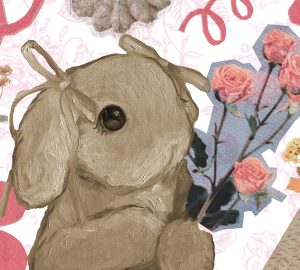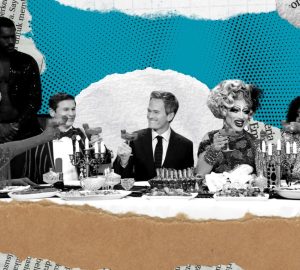Anti-LGBTQ+ Legislation isn’t new, but there’s still hope for the community
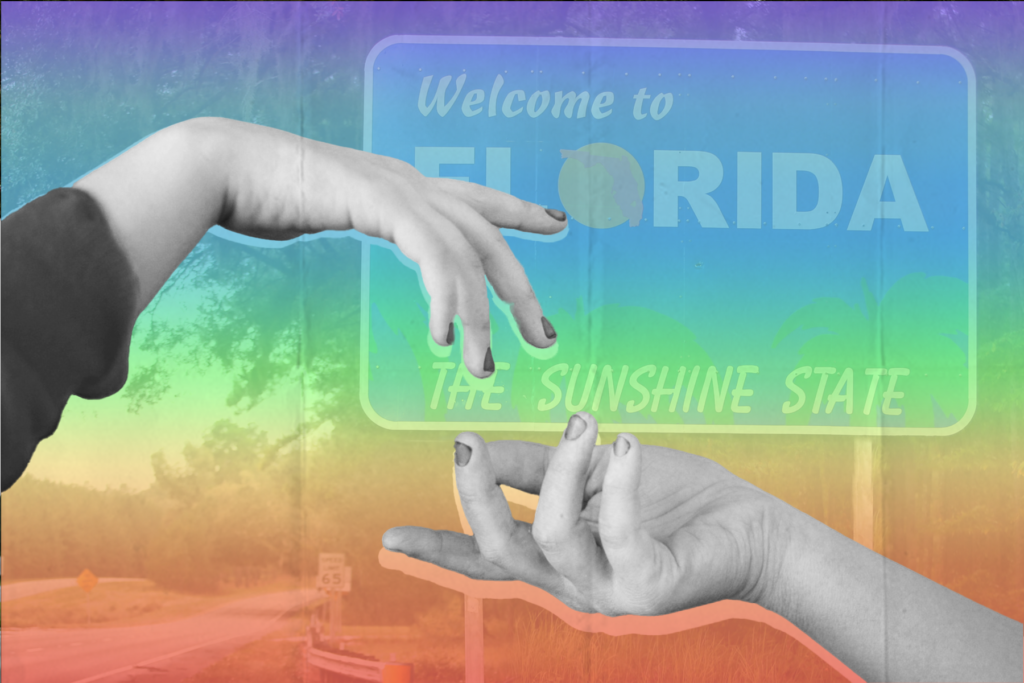
If you’ve been following along with the news lately, as dismal as it seems, you’ve likely heard about Florida’s new Parental Rights in Education bill, better known as the “Don’t Say Gay” bill. The bill is a small part of the wave of anti-LGBTQ+ legislation being proposed by conservative lawmakers across the country. The bill in question aims to limit discussion of LGBTQ+ topics in schools by banning classroom instruction and discussion about LGBTQ+ issues from kindergarten through 3rd grade. In an appeal to the growing call for more parental rights in education, the bill empowers parents to sue the school district over teachings they don’t agree with, putting the burden of paying for the lawsuits on the district. Activists are concerned that this will prompt schools to preemptively stop discussing and generally acknowledging the LGBTQ+ community for fear of lawsuits they cannot afford. The bill also requires the schools to make parents aware when their children are receiving mental health counseling, essentially removing the safe haven that schools used to provide for queer youth.
Legislation like this is problematic because it paints the LGBTQ+ community as “other” and “dangerous.” To make matters worse, conservative pundits are referring to the proposed laws as “anti-grooming” bills, with the thought that educating children about human sexuality and gender identities is pedophilic in nature. Unfortunately, the Florida bill is one of many. Similar bills censoring LGBTQ+ education are up for discussion in several other states, like Tennessee’s HB0800 and Louisiana’s HB837. The Tennessee bill bans schools from “adopting or using textbooks and instructional materials […] that promote, normalize, support or address lesbian, gay, bi-sexual or transgender issues or lifestyles.” Likewise, the Louisiana bill prohibits “classroom discussion about sexual orientation or gender identity in certain grade levels; to prohibit teachers and others from discussing their sexual orientation or gender identity with students.” The legislation is all quite vague and subject to interpretation. These bills are causing a growing concern that they will likely be wielded as conservatives see fit.
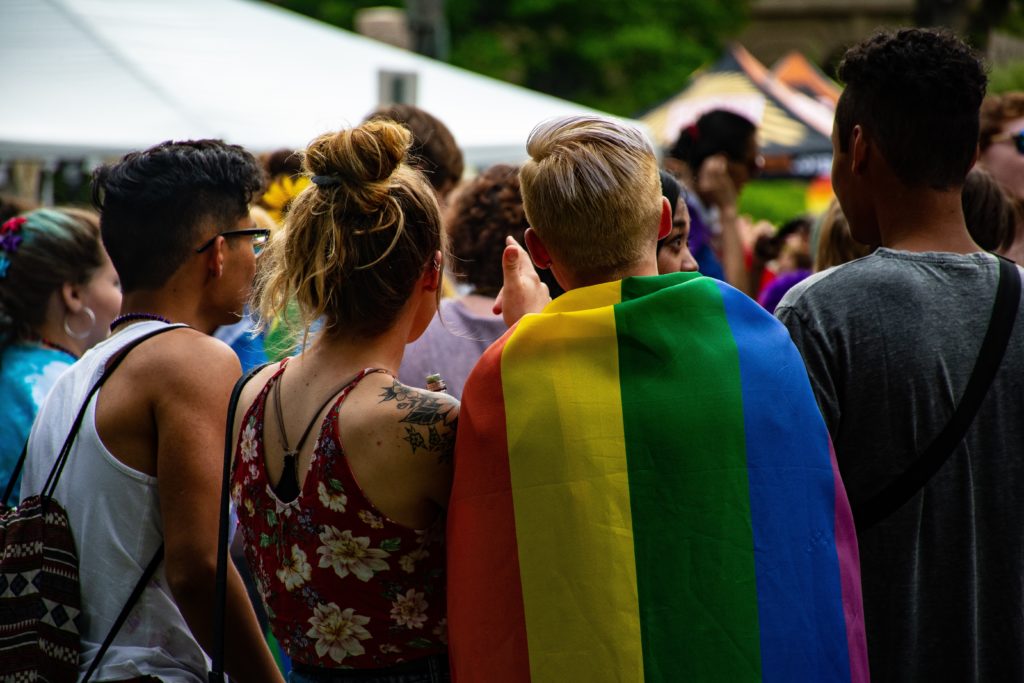
As a queer person, I’m worried about this wave of legislation that wants to ban children from knowing I exist. In a decade where same-gender marriage is now legal and Gen Z seems to be one of the most accepting and tolerant generations yet, it makes one wonder — where is all of this anti-LGBTQ+ legislation coming from? And why now? I asked SCAD’s Anthropology Professor, Elias Capello, PhD., to shed some light on the topic.
“The first thing that is important to keep in mind, is that transphobia is not new, it’s older than a lot of people realize. Both homophobia and transphobia are an extension of white supremacy and the colonization of indigenous cultures and are employed with the institution of capitalism to enforce a two-gender system. Notice that these bills come hand in hand with bills outlawing CRT [Critical Race Theory], another boogeyman. ” Capello’s view can argue that homophobia and transphobia are not inherent biases, but prejudices that are systemically instilled within a population to aid the oppressors.
“Indigenous cultures have been known to recognize multiple gender systems and gender as a concept was much more fluid. Throughout indigenous history, there are well-documented events of same-gender couples. In many indigenous communities, trans people were highly regarded and often took on roles as teachers, doctors and medicine people. Even today, indigenous communities in California celebrate ‘trans’ people, the idea of being ‘trans’ itself a Western concept brought with the Europeans.” Even though the recognition of LGBTQ+ representation isn’t new, it “did not fit the European idea of society or align with their religious values, so they sought to eradicate it through colonization… During colonization, trans people, in particular, were targeted.” History is said to repeat itself and forcible child removal by the state is not at all a new concept. “It was common practice to take kids and send them to residency schools, where binary gender identities were enforced in order to make them more ‘civilized.’ A lot of child removal happened during this period of time. So now look at Texas’s bill authorizing abuse investigations; anthropologists say the law in Texas is a continuation of the state’s institution of genocide.”
The Florida bill is marketed as a parental rights campaign, allowing the parents to have a say in whether or not children will learn about LGBTQ+ issues. “It’s crazy that these bills are framed as giving parents more rights when in reality all they do is restrict the rights of parents and teachers alike. Teachers are censored and the curriculum is censored.” Capello argues that “It really is an example of state powers overreaching into the private lives of parents. Lawmakers are deliberately trying to get rid of trans people because they make them uncomfortable.”
It seems that some of these laws are being enacted under the assumption that the people of the United States generally oppose LGBTQ+ education. “Although lawmakers are supposed to speak on behalf of their constituents, transphobia is not as common as people think. People are wired for connection and positivity.” If Americans generally have no issue with LGBTQ+ education, there must be alternative reasons for banning any mention of the LGBTQ+ community. “This oppression of trans people is an abuse of power and it benefits the oppressors to only point out our differences, not all the things we have in common. It’s like how people think the world is more “unsafe” than it’s ever been, but it’s always been like this. More than anything, trans people are being used as a political football. It’s a huge overstepping of boundaries because it limits what teachers can talk about, what scholarships they can give, it really makes trans people the boogeyman. It turns everyone against something [no one is] allowed to know about and [the state] won’t teach you about it.”
Again, if the American public doesn’t have a problem with trans people, it must be asked who this legislation is serving. “What a lot of people don’t know, is that Governor Abbott recently lost custody of their child that is trans, because the courts deemed the mother to be more accepting of the child’s gender identity. Now he takes it all out on the whole state and because he’s uncomfortable with trans people, the whole state must be uncomfortable with trans people.” Drawing on one’s personal experience is one of the best ways for us to connect as humans, but preying on that connection has also been shown to politicize personal decisions.
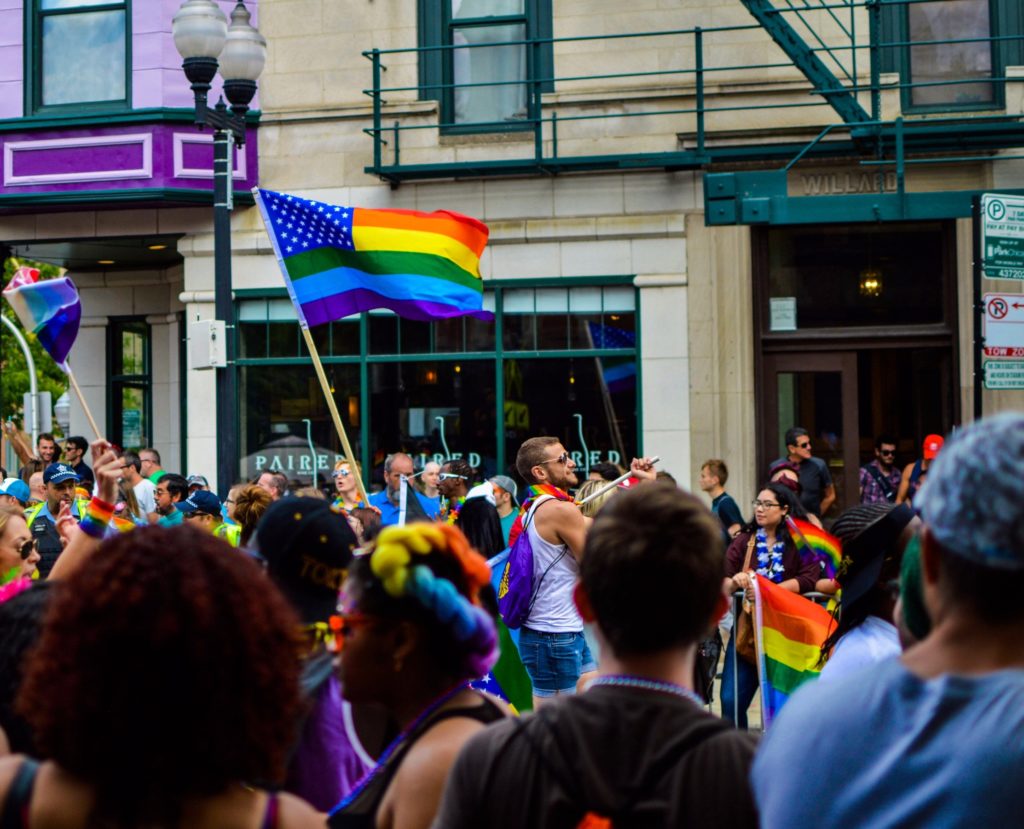
If transphobia is a long-standing state institution, one also wonders whether or not it’s effective. “Ultimately, transphobia didn’t work in the past and they’re trying to make it work now. No law can make all of the positive change go away. One person cannot take it away, legislation cannot take it away.” Capello believes that there is hope though, in the positive changes, “Queer people are here to stay. This tactic appeals to people that are threatened by how much change has happened. The LGBTQ+ community is a great community, there’s so much more representation and it keeps getting better. I think the world is healing. Queer culture has boomed and it scares people.”
The only thing left is to question why there are Americans that are resonating with the state’s homophobia. Equality means that queer people will be treated the same as everybody else, not put on a pedestal. Yet, there’s an irrational fear that the gays are somehow “getting away with something” if we can get married, be hired and live the same lives as everyone else. “It’s strange that cis people have this notion that trans people are somehow getting away with freedoms they do not have. When cis people police gender they are choosing how they live as much as queer people, they just happen to choose heteronormative roles.”
It’s important to note that this wave of anti-LGBTQ+ rhetoric is not coming out of the blue, more recent backlash was predicted by LGBTQ+ activists and allies alike before same-gender marriage was legalized. “It’s interesting, because the LGBTQ+ community in the 80s and 90s knew as soon as they got marriage equality there would be a response and many knew it would be transphobia. Some iconic queer activists argued against marriage equality because they knew it would be conditional… trans people were kind of thrown under the bus because we won marriage equality and now we all have to face the repercussions. Queer people would be accepted as long as they assimilated into heteronormative norms, which is a problem because it creates a stigma that there’s a “good” or “bad” way to be queer that’s in alignment with cultural norms.”
We can witness the cultural and attitudinal changes in the workplace, in the home and in the classroom as LGBTQ+ gain more acceptance. “As a professor at SCAD, I see some cases where this is the first time a student has had to respect LGBTQ+ people. Especially in my position as a teacher, it may be the first time some students are interacting with a gay person that isn’t just a peer, but someone with more power.” With new experiences often comes growing pains. “This makes some of them uncomfortable, especially the straight, white, male students, because they are not used to a trans person being in a position of power. The word “oppressed” gets thrown around because SCAD happens to have an LGBTQ+ student body, as if LGBTQ+ students being present somehow restricts the freedoms of the straight cis students.”
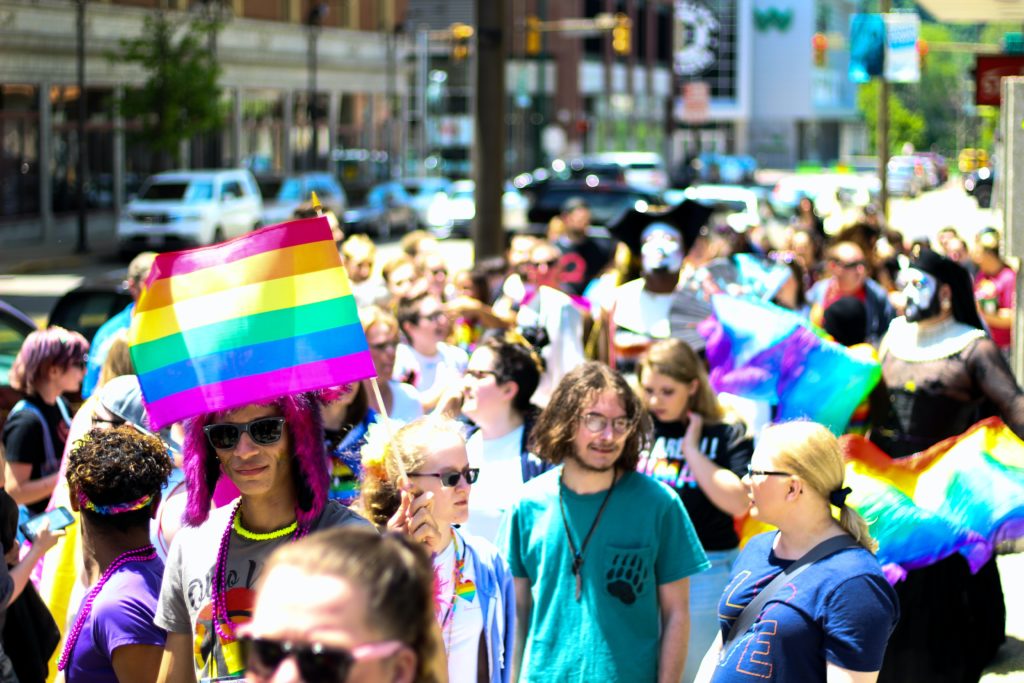
Even though there has been a negative response by the state to the legalization of same-gender marriage, there has been a positive cultural change. “Having taught this long, most people don’t understand and at the same time, we live in a moment where people want to learn to be more accepting. They want to talk about queer topics, they want more education and that’s really positive… I came out as trans and people didn’t want to be near me, people didn’t want to date me and it was hard to make friends. People would say ‘They’re trans, don’t date them,’ professors treated me poorly and I was disrespected and dehumanized a lot. Being a teacher at SCAD, I get to witness a change with students and be a part of it. It’s so much nicer in so many different ways, there has been a massive cultural change. I see it in my students and they get to have a nonbinary college professor.”
“The supreme court legalizing same-gender marriage speaks to how much progress has been made. I grew up in the reality that I would never be able to marry my partner. I remember being 22 and graduating from college when marriage was legalized and everyone was celebrating, we never thought it would ever happen.” Progress always keeps moving and success is a moving target for many in the LGBTQ+ community. “Now when I talk to students who have grown up in this new reality, gay marriage is old news. And that’s a good thing.” The normalization of same-gender marriage shows us that massive change can be made over the course of generations, with or without the approval of the state.
At this point, watching on the sidelines as lawmakers battle it out in the House and Senate, some people are wondering whether or not it matters. “In the end, transphobia impacts us all. If the state can say what makes a woman a woman and what makes a man a man, it closely impacts queer people that don’t fit heteronormative gender roles. The state is actively taking away the rights of every kid to choose who they are and who they want to be. The state gets to choose and that impacts everybody. There’s this myth that oppression doesn’t impact the majority, only the marginalized, but that’s not true.”
Capello ended our call with a clarifying comment, speaking on the power within the LGBTQ+ community. “Transphobia is a cis person problem that they are putting on us. I have a lot more power than I used to think I did. I thought I would always be oppressed. Transphobes give me way too much power.”
Capello’s words give me hope and remind me of my own power. The power to stand up for me and the power to stand up for everyone around me that is being targeted. Transphobes and homophobes are scared of the queer community and at this point, I think they should be.





